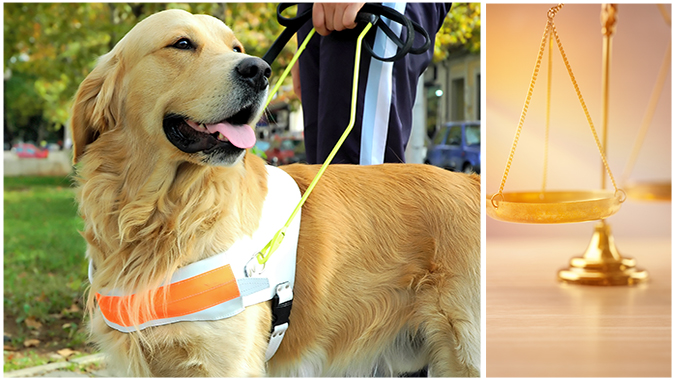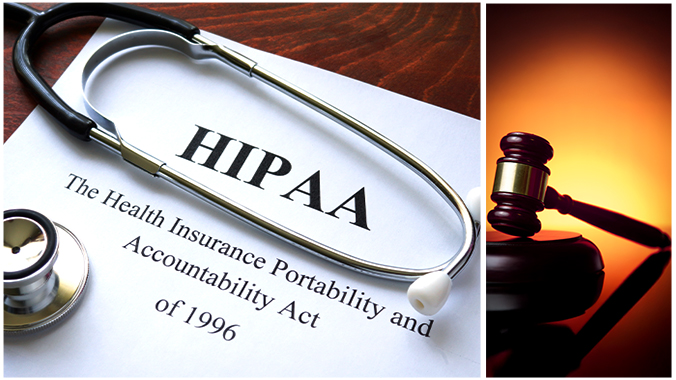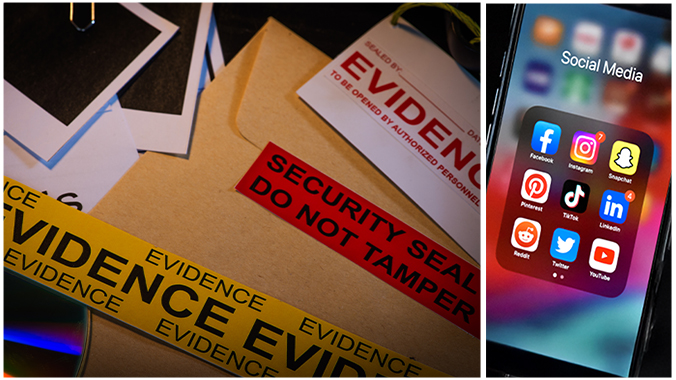Using Income, Gifting & Non-countable Purchase Strategies to Ensure Medicaid Eligibility

Ronald Fatoullah Chairs the firm's Elder Law Practice Group and is a Partner in the firm's Trusts & Estates Practice Group.
On-Demand: August 16, 2024
Subscribe to Federal Bar Association CLE Pass...
Co-Sponsored by myLawCLE
Get this course, plus over 1,000+ of live webinars.
Learn More
MCLE Credit Information:
Select Your State Below to View CLE Credit Information
Tuition: $195.00
Training 5 or more people?
Sign-up for a law firm subscription plan and each attorney in the firm receives free access to all CLE Programs
Program Summary
Managing eligibility for Chronic Care Medicaid can be overwhelming, but consulting an experienced Elder Law attorney can help an individual preserve assets and obtain necessary medical care, whether it be for nursing home or at-home care services.
Some states are “Medically Needy” (also called “Spend Down”) States, while others are “Categorically Needy” (also called “Income Cap”) States.
In “Spend Down” States, Medicaid applicants who are over the income limit can spend “excess” income on medical and care expenses. Once their income is “spent down” to the Medically Needy Income Limit, they are income-eligible for Medicaid for the rest of the spend down period.
This webinar will provide an overview of managing eligibility, minimizing transfer penalties, understanding income and exempt income and resources, gifting techniques and common gifting mistakes, and purchasing noncountable assets and using legitimate debts and pre-payments as tools to ensure positive results.
This course is co-sponsored with myLawCLE.
Key topics to be discussed:
- Criteria for Nursing Home Care vs. Home Care Services
- Planning and being prepared for the financial look-back review
- Understanding exempt and countable income and resources
- Solutions for surplus income and/or resources
- Calculating transfer penalties, if applicable, and creating promissory notes (half-loaf strategy)
- Preparing and planning for the well-spouse if applicable
- Real-life examples for understanding
![]() Closed-captioning available
Closed-captioning available
Speakers
 Ronald Fatoullah | Meltzer, Lippe, Goldstein & Breitstone, LLP
Ronald Fatoullah | Meltzer, Lippe, Goldstein & Breitstone, LLP
Ronald Fatoullah Chairs the firm’s Elder Law Practice Group and is a Partner in the firm’s Trusts & Estates Practice Group.
Prior to joining the firm, Ron was the founder and principal of Ronald Fatoullah & Associates for over 35 years. The firm was perennially recognized as one of New York’s top Elder Law and Estate Planning firms. Ron has been devoted to advising New Yorkers about the legal and financial challenges of aging. He is highly regarded for his contributions and expertise in estate planning and administration, Medicaid planning, special needs planning, wills and trusts, probate, guardianships, and estate and & guardianship litigation.
A certified elder law attorney, Ron Chaired the Executive Committee of the Elder Law Section of the New York State Bar Association’s financial planning and Investments committee; Chaired the Board of the Alzheimer’s Association’s Long Island Chapter for over 10 years; and served on the Executive Council of AARP New York.
He is a Fellow of the National Academy of Elder Law Attorneys, the highest honor bestowed by the organization. Ron lectures frequently on elder law, estate planning and aging; has appeared on numerous radio and television programs; and has been quoted in The New York Times, Newsday, The Wall Street Journal, the New York Law Journal, and Kiplinger’s. He has been honored by many organizations for his achievements and contributions to the senior community.
Agenda
I. Criteria for Nursing Home Care vs. Home Care Services | 11:00am – 11:15am
II. Planning and being prepared for the financial look-back review | 11:15am – 11:30am
III. Understanding exempt and countable income and resources | 11:30am – 11:45am
IV. Solutions for surplus income and/or resources | 11:45am – 12:00pm
Break | 12:00pm – 12:10pm
V. Calculating transfer penalties, if applicable, and creating promissory notes (half-loaf strategy) | 12:10pm – 12:30pm
VI. Preparing and planning for the well-spouse if applicable | 12:30pm – 12:50pm
VII. Real-life examples for understanding | 12:50pm – 1:10pm
More CLE Webinars
Trending CLE Webinars


























Upcoming CLE Webinars
























































![The Cloud and GenAI: Security, Audits, and the Related Ethical and Legal Responsibilities [Part 3]](https://federalbarcle.org/wp-content/uploads/2024/10/The-Cloud-and-GenAI_myLawCLE.jpg)










